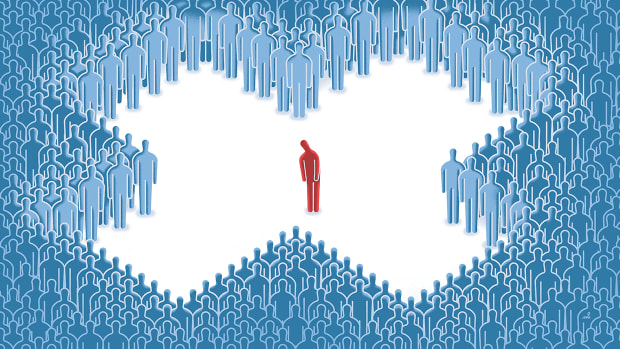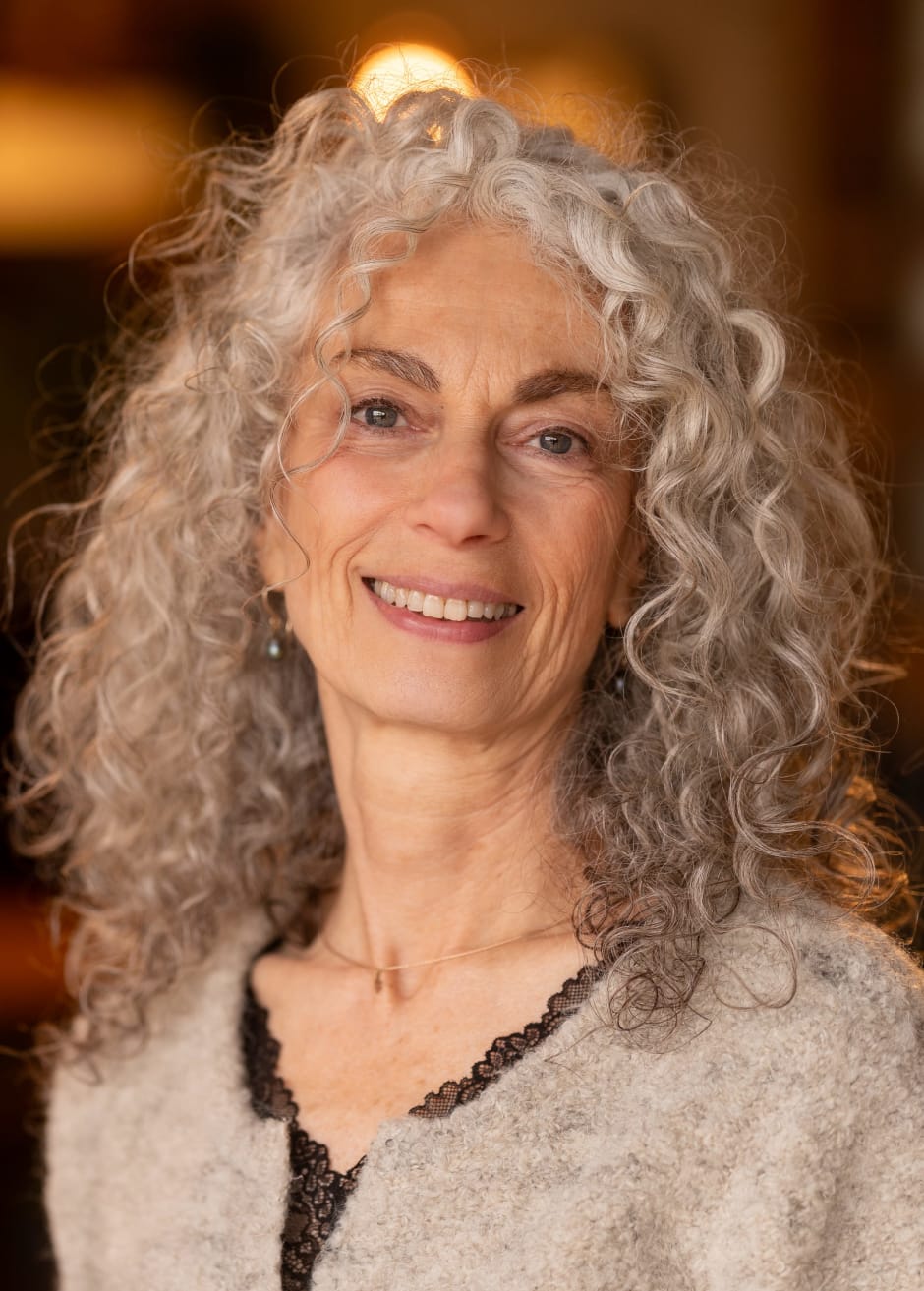
GP’s with a migration background more often receive a failing grade
General practitioners with a migrant background are more likely to get stuck during their training than their Dutch colleagues. This is not due to a lack of knowledge, motivation or talent, but because they face discrimination, microaggression and exclusion, according to general practicioner Nathanja van Moppes who defended her PhD on the topic.
Nathanja, you write in your thesis that it appears that discrimination and microaggression lead to GPs with a migrant background being assessed more negatively. How certain are you of this?
“Not certain. Causality is always very difficult to prove. We know that aios experience microaggression and exclusion and are at greater risk of being assessed as inadequate than the majority group. We also know that in order to perform well in a dependent learning situation, a sense of belonging is necessary: the feeling of being safe, which makes it easier to show yourself and grow professionally.”
When do GPs with a migrant background experience discrimination?
“Especially during assessment moments. Many doctors with a migrant background said that they often found feedback to be vague. They were told: be more assertive, or: show yourself more. When they asked for concrete examples, they often received evasive answers. One respondent even received the answer: Ask your colleague who also wears a headscarf.”
“Those subtle exclusions affect your self-confidence. You start looking for ways to deal with it safely for yourself. One of the strategies we saw is to retreat into your shell. Work hard, get high marks, but don’t show anything of yourself. This is an ineffective strategy, especially in GP training, because the programme expects AIOs to develop both as care providers and as individuals. If a teacher does not see that development, they will find that trainee unassessable, and therefore unsatisfactory. The training institute should therefore create a learning environment where all trainees feel safe, so that they no longer need such ineffective coping mechanisms.”

When do GPs with a migrant background experience discrimination?
“Especially during assessment moments. Many doctors with a migrant background said that they often found feedback to be vague. They were told: be more assertive, or: show yourself more. When they asked for concrete examples, they often received evasive answers. One respondent even received the answer: Ask your colleague who also wears a headscarf.”
“Those subtle exclusions affect your self-confidence. You start looking for ways to deal with it safely for yourself. One of the strategies we saw is to retreat into your shell. Work hard, get high marks, but don’t show anything of yourself. This is an ineffective strategy, especially in GP training, because the programme expects AIOs to develop both as care providers and as individuals. If a teacher does not see that development, they will find that trainee unassessable, and therefore unsatisfactory. The training institute should therefore create a learning environment where all trainees feel safe, so that they no longer need such ineffective coping mechanisms.”
How do you do that?
“We have developed an intervention plan for this purpose. We spoke with representatives from all levels of GP training with diverse backgrounds (age, gender, ethnicity, etc.) and, together with them, formulated seven recommendations, three of which have now been implemented at the Amsterdam UMC GP training programmes.”
“These three interventions are: appointing ambassadors for diversity, inclusion and equal opportunities in all training teams. They attend meetings and keep their colleagues focused on diversity, inclusion and the prevention of discrimination. We have invited AIOs to contribute ideas about the design and content of their curriculum. And we have developed mandatory training courses for all GP training programme staff that focus on raising awareness of prejudice and learning how to become an ally when you witness microaggression or discrimination.”
In 2010, it was already noted that medical students from minority groups were being assessed less favourably. Why is this only now being addressed?
“This suspicion did indeed arise around that time. In response, the National Working Group on Ethnocentrism in General Practitioner Training was set up, which substantiated this suspicion with interviews with teachers and trainers. Then, in 2018, I had the opportunity to set up a quantitative study, which allowed us to actually measure whether the likelihood of progress problems during GP training was greater for aios with a migrant background than for GPs of Dutch origin.”
“Research simply takes a long time. We worked with data on ethnicity, which is always a protected part of personal data. Properly substantiating such a procedure from a legal perspective, so that you cannot compromise privacy in any way, easily takes two to three years.”
Do you have any advice for GP trainers?
“We are all used to ‘sending’ when training GPs, but I think that good training really starts with listening. Being genuinely curious about who the trainee is and what their background is.”
“Inclusion also means staying alert to current events, as the vulnerability of groups changes. You can’t always tell from the outside whether someone belongs to a minority group. For example, we know that Jewish students and trainees have been feeling increasingly unsafe and discriminated in recent years. And there are almost certainly other groups that could be mentioned. That’s why it’s important not just to send messages, but to learn to listen without judgement, out of genuine interest.”


